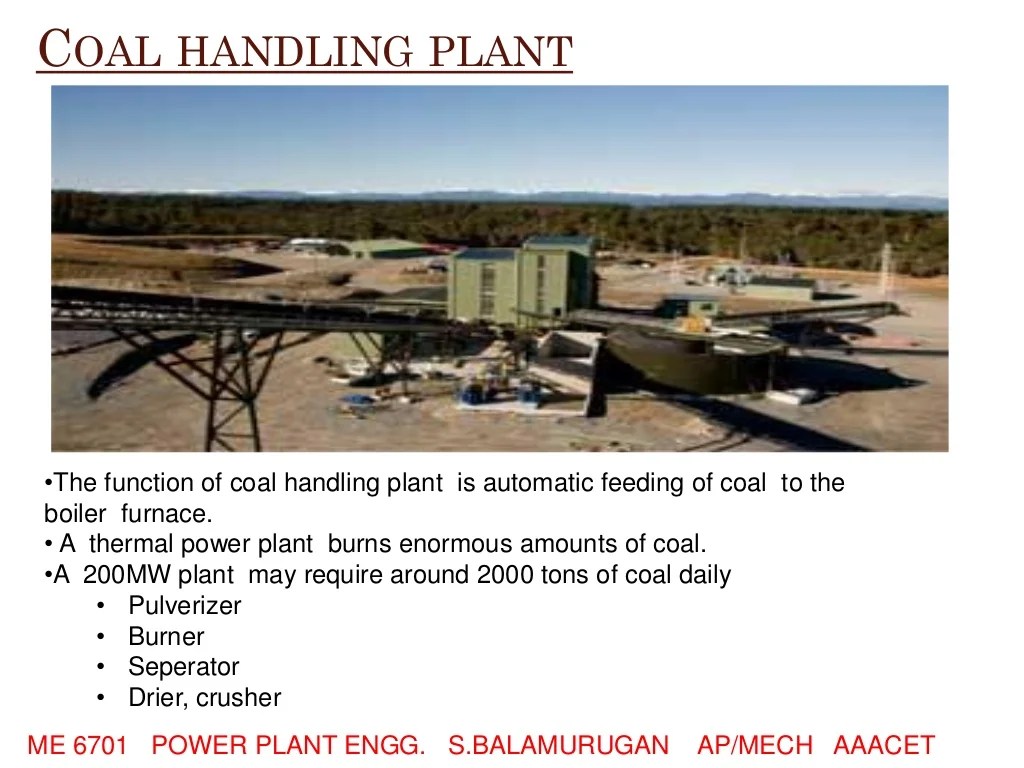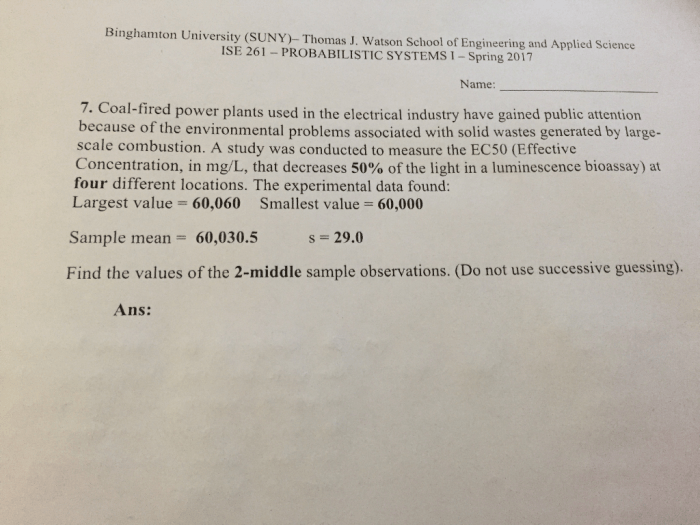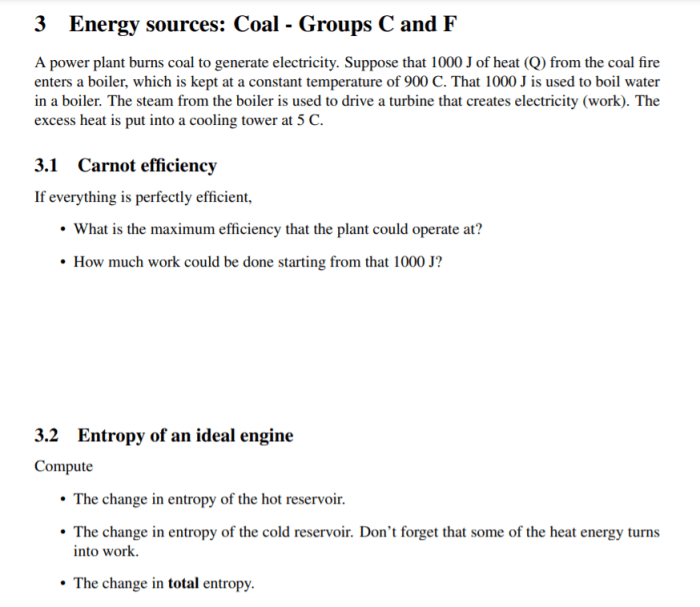Introducing the Coal Power Plants Webquest Answer Key, an indispensable resource for educators and students seeking a deeper understanding of the complexities surrounding coal power generation. This comprehensive guide delves into the environmental, economic, and social implications of coal power plants, providing a holistic perspective on this multifaceted topic.
Through a series of engaging sections, the answer key unravels the historical significance of coal-fired electricity, analyzes the environmental impact of air pollutants emitted by coal power plants, and explores the economic advantages and disadvantages associated with this energy source.
It also delves into the social and ethical concerns surrounding coal power generation, including displacement of communities, environmental justice, and intergenerational equity.
Overview of Coal Power Plants: Coal Power Plants Webquest Answer Key

Coal power plants are industrial facilities that generate electricity by burning coal, a fossil fuel. They play a significant role in the global energy sector, accounting for a substantial portion of electricity production worldwide.
The history of coal-fired electricity generation dates back to the late 19th century, with the development of steam turbines and generators. Over the decades, coal power plants have undergone significant technological advancements, improving their efficiency and reducing their environmental impact.
Environmental Impact of Coal Power Plants

Coal power plants emit a range of air pollutants, including sulfur dioxide (SO2), nitrogen oxides (NOx), and particulate matter (PM). These pollutants can have adverse effects on human health, the environment, and climate change.
SO2 and NOx contribute to the formation of acid rain, which can damage forests, lakes, and buildings. PM can cause respiratory problems, such as asthma and bronchitis. Coal power plants are also major contributors to greenhouse gas emissions, particularly carbon dioxide (CO2), which is a primary driver of climate change.
To mitigate the environmental impact of coal power plants, various regulations and policies have been implemented. These include emission limits, clean air technologies, and carbon capture and storage (CCS) systems.
Economic Considerations

Coal power plants offer several economic advantages. Coal is a relatively abundant and inexpensive fuel, which makes coal-fired electricity generation a cost-effective option. Coal power plants also provide reliable baseload power, which is essential for maintaining a stable electricity grid.
However, coal power plants also have economic disadvantages. The cost of coal can fluctuate, and the operation of coal power plants is subject to environmental regulations, which can increase costs. Additionally, the declining cost of renewable energy sources, such as solar and wind power, is making coal power less competitive in some markets.
Social and Ethical Implications
Coal power plants have various social and ethical implications. The construction and operation of coal power plants can displace communities and disrupt local ecosystems. Coal mining, which is necessary to fuel coal power plants, can also have negative environmental and social impacts.
The use of coal power raises ethical concerns related to environmental justice and intergenerational equity. Coal power plants disproportionately impact marginalized communities, who often bear the brunt of the environmental and health consequences. Additionally, the continued use of coal power contributes to climate change, which will have long-term consequences for future generations.
Alternative Energy Sources
Renewable energy sources, such as solar, wind, and geothermal, offer potential alternatives to coal power plants. These sources are clean, sustainable, and have the potential to significantly reduce greenhouse gas emissions.
However, renewable energy sources also have challenges. They can be intermittent, and their cost can be higher than coal-fired electricity generation in some cases. Additionally, the transition to renewable energy requires significant investment and infrastructure development.
Q&A
What are the major air pollutants emitted by coal power plants?
Coal power plants emit a range of air pollutants, including sulfur dioxide, nitrogen oxides, and particulate matter.
How do coal power plants contribute to climate change?
Coal power plants release significant amounts of carbon dioxide into the atmosphere, which contributes to global warming and climate change.
What are the economic advantages of coal power plants?
Coal power plants are a relatively inexpensive source of electricity, and they can provide a reliable baseload of power.
What are the social and ethical concerns associated with coal power plants?
Coal power plants can have a negative impact on local communities, including air pollution, water pollution, and displacement of residents.